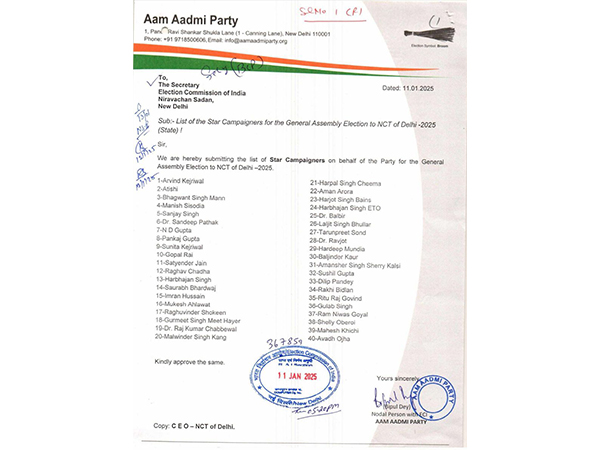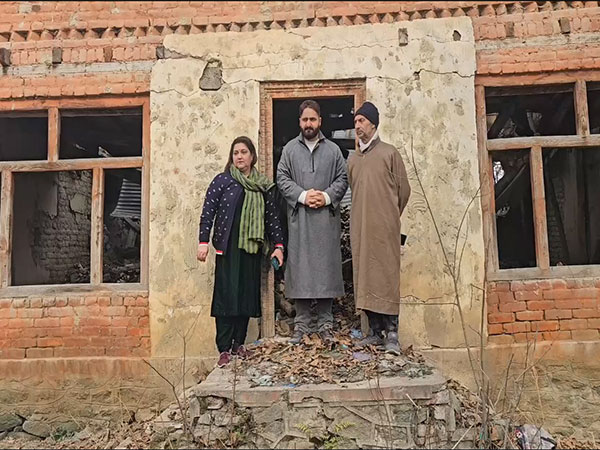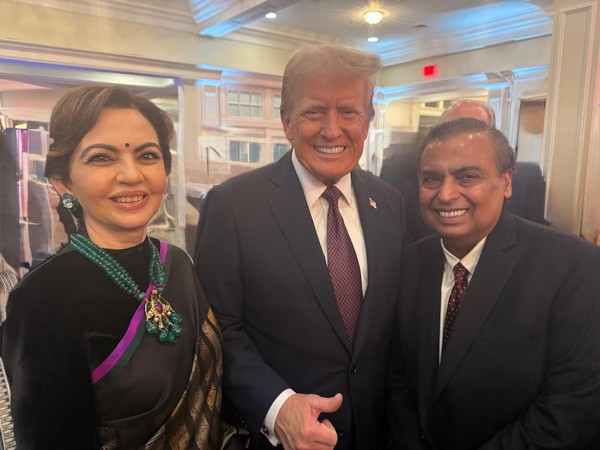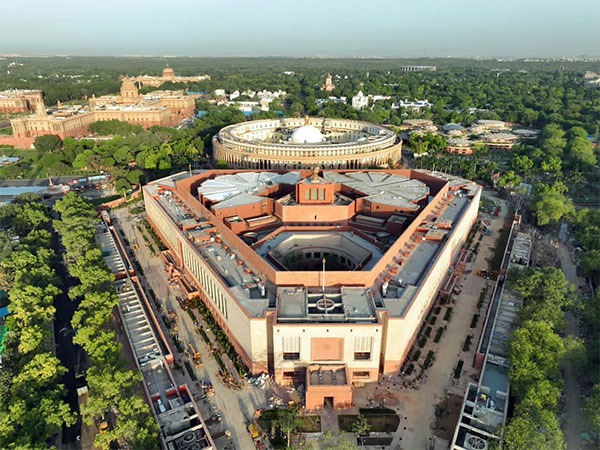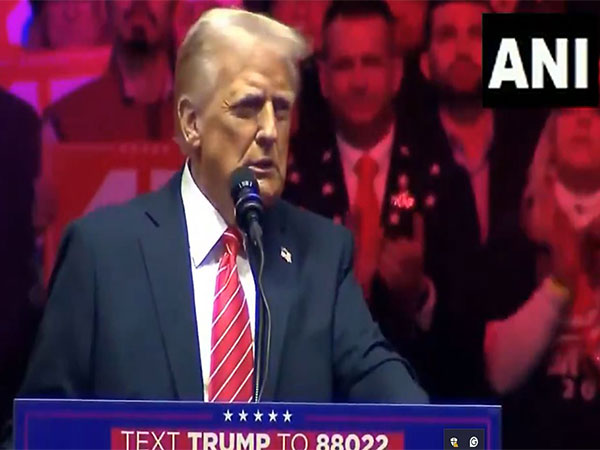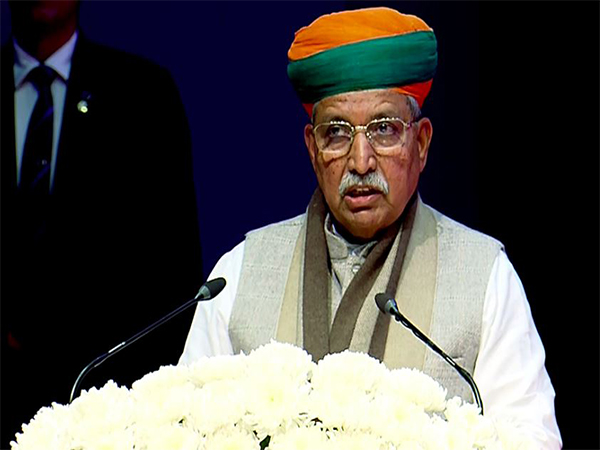
New Delhi [India], March 12 (ANI): Minister of Law and Justice, Arjun Ram Meghwal, said on Monday that the Prime Minister Narendra Modi-led central government fulfilled its guarantee by issuing the notification of the Citizenship Amendment Act (CAA). “Did what was said. The Modi government fulfilled its guarantee by issuing the notification of the Citizenship Amendment Act (CAA),” Meghwal said in a post on X.
The Ministry of Home Affairs (MHA) notified the rules under the Citizenship (Amendment) Act, 2019 (CAA-2019) on Monday. These rules, called the Citizenship (Amendment) Rules, 2024, will enable the persons eligible under CAA-2019 to apply for the grant of Indian citizenship. The applications will be submitted in a completely online mode for which a web portal has been provided, stated MHA.
The CAA rules, introduced by the Narendra Modi government, aim to confer Indian citizenship to persecuted non-Muslim migrants–including Hindus, Sikhs, Jains, Buddhists, Parsis, and Christians–who migrated from Bangladesh, Pakistan, and Afghanistan and arrived in India before December 31, 2014.
Following the passage of the CAA by Parliament in December 2019 and its subsequent presidential assent, significant protests erupted in various parts of the country. The implementation of the CAA, which has been delayed for over four years, necessitates the formulation of its associated rules.
On December 27, Union Home Minister Amit Shah asserted that the implementation of the CAA cannot be halted as it stands as the law of the land. He had also accused West Bengal Chief Minister Mamata Banerjee of misleading the public regarding this matter.
The assurance of implementing the highly debated CAA was a significant electoral agenda item for the BJP during the previous Lok Sabha and Assembly elections in West Bengal. Leaders of the saffron party view it as a credible factor contributing to the BJP’s ascent in the state.
Since 2020, the Ministry of Home Affairs has been regularly seeking extensions from the parliamentary committees to continue the process of framing the rules associated with the legislation. Over a hundred individuals lost their lives either during the protests or due to police action after the passage of the law in Parliament.
During the past two years, over 30 district magistrates and home secretaries across nine states have been authorized with the ability to confer Indian citizenship to Hindus, Sikhs, Buddhists, Jains, Parsis, and Christians arriving from Afghanistan, Bangladesh, and Pakistan under the Citizenship Act of 1955.
As per the Ministry of Home Affairs annual report for 2021-22, between April 1, 2021, and December 31, 2021, a cumulative count of 1,414 individuals from non-Muslim minority communities originating from Pakistan, Bangladesh, and Afghanistan were granted Indian citizenship through registration or naturalization under the Citizenship Act, 1955.
Under the Citizenship Act of 1955, Indian citizenship by registration or naturalization is granted to non-Muslim minorities from Pakistan, Bangladesh, and Afghanistan in nine states, such as Gujarat, Rajasthan, Chhattisgarh, Haryana, Punjab, Madhya Pradesh, Uttar Pradesh, Delhi, and Maharashtra.
It’s notable that authorities in the districts of Assam and West Bengal, both politically sensitive regions on this matter, have not been empowered with these citizenship-granting authorities thus far. (ANI)






